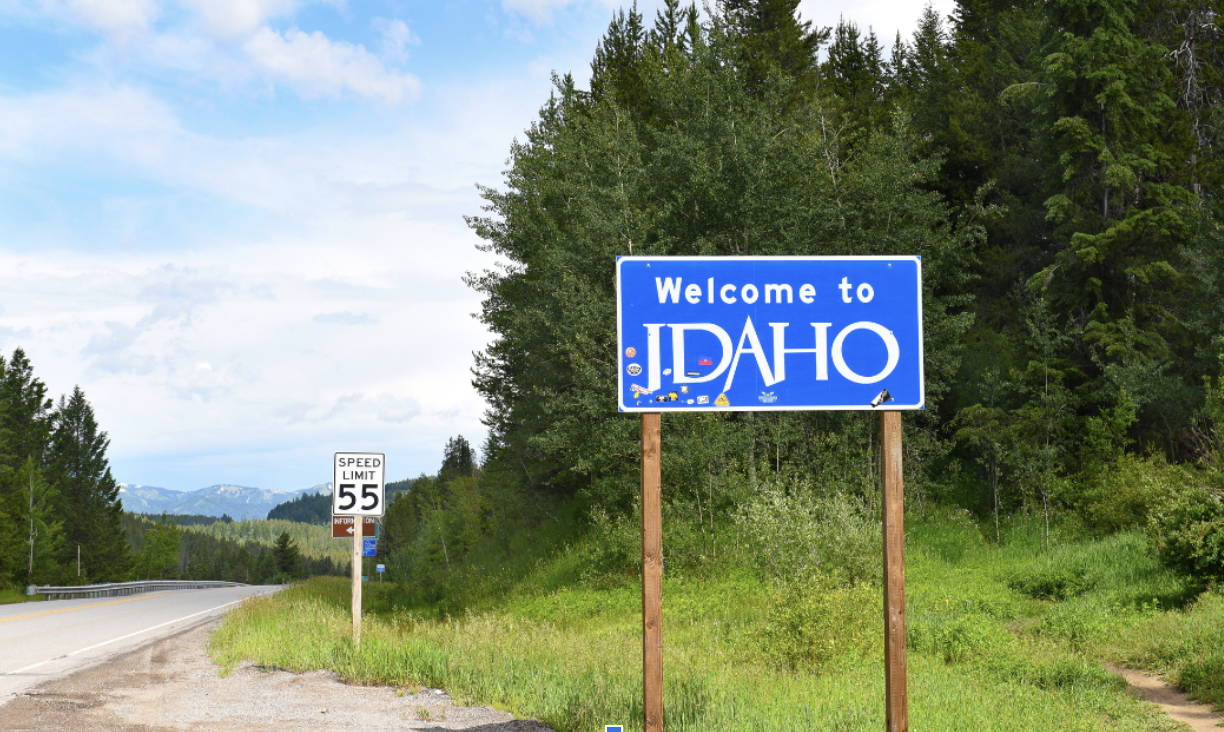Traveling with Firearms: What Idaho Gun Owners Need to Know
Idaho is known for its strong support of the Second Amendment and some of the most gun-friendly laws in the country. For Idaho residents, it’s relatively straightforward to purchase and keep firearms. But what happens when you travel—within Idaho or across state lines?
Whether you’re a hunter heading to the backcountry, a family passing through Coeur d’Alene, or someone carrying for personal protection, it’s essential to understand the rules. While Idaho law is broad, things can get complicated once you leave the state.
North Idaho Law Group is a criminal defense firm in Coeur d’Alene. We see firsthand how confusing firearm laws can be, especially when traveling. The following overview highlights key laws and considerations for Idaho gun owners.
Idaho Firearm Laws: The Basics
- No permit is required to purchase or own a firearm at age 18.
- Licensed dealers must conduct federal background checks.
- It’s illegal to sell to anyone under 18 without parental/guardian permission.
- Open carry: Legal in most public places.
- In vehicles: Loaded firearms may be carried without a permit.
- Concealed carry: Permitless for U.S. citizens 18+ who can legally possess a firearm.
- Permits: Idaho issues Concealed Weapons Licenses (CWLs), helpful for interstate travel.
- Restrictions: Schools, courthouses, correctional facilities, hospitals, and federal buildings are off-limits.
- Private property: Businesses may ban firearms; refusal to leave if asked can result in trespass charges.
Crossing State Lines with Firearms
Neighboring states and Canada have very different rules:
- Canada: Firearms are highly restricted; you cannot bring guns across the border.
- Washington: Open carry is legal for 21+, but concealed carry requires a CPL. Idaho’s enhanced CCW is recognized.
- Oregon: Open carry is legal, but concealed carry requires an Oregon CHL. Idaho permits not recognized.
- Nevada: Requires a permit but recognizes Idaho CCW permits.
- Utah: Permitless carry for legal gun owners 21+.
- Wyoming: Similar to Idaho; permitless carry for 21+.
- Montana: Similar to Idaho; permitless carry for 18+.
Remember: local jurisdictions may impose stricter rules than state law.
Reciprocity: Where Idaho Permits Are Recognized
Idaho issues both basic and enhanced CCWs. Reciprocity depends on which license you hold. Many states recognize Idaho permits, but requirements change often—like Washington’s law set to change in 2027. Always confirm reciprocity before traveling.
Federal Protection for Firearm Transportation
The Firearm Owners Protection Act (FOPA) allows interstate transport if:
- Firearms are unloaded,
- Locked in a container (not glove box or console), and
- Ammunition stored separately.
This protection applies only if you travel legally from one lawful location to another. It does not allow prolonged stops in restrictive states.
Tips for Traveling with Firearms
- Check local and state laws before crossing borders.
- Use a secure case for transport, even if not required.
- Consider an Idaho CWL for broader reciprocity.
- For air travel, declare firearms, unload them, and store in a locked hard case. Always check TSA/airline rules.
- When in doubt, assume the strictest laws apply.
Protect Your Rights
Gun charges outside Idaho can carry serious penalties—jail time, fines, and loss of firearm rights. Even an honest mistake can result in arrest. If you’re facing firearm-related charges in North Idaho or after traveling, seek immediate legal help.
North Idaho Law Group defends Idaho gun owners and helps them understand both state and federal firearm laws. Contact us today for a confidential consultation if you need guidance or representation.
The information above is for general purposes only and is not legal advice for any particular individual or case.




